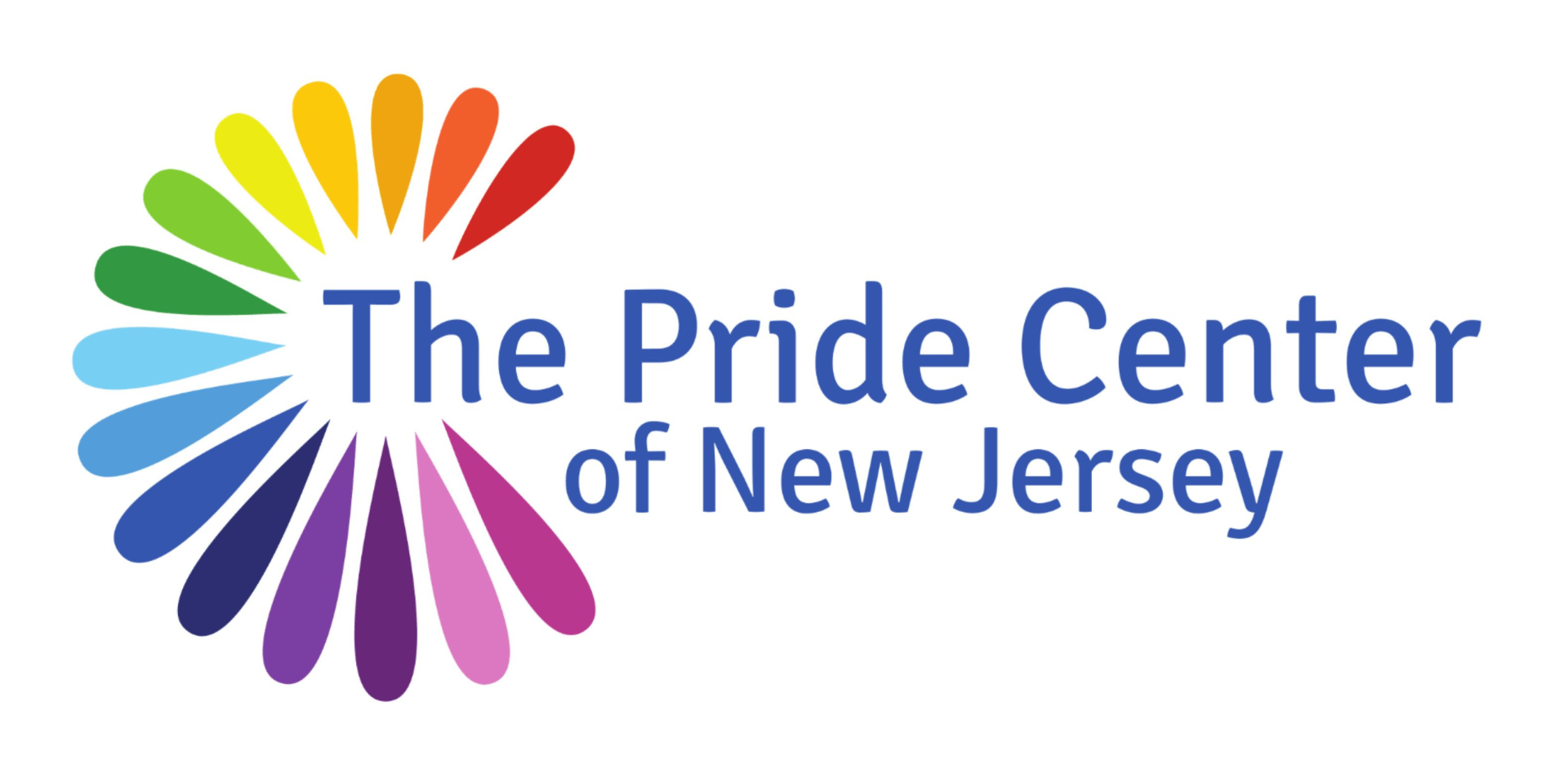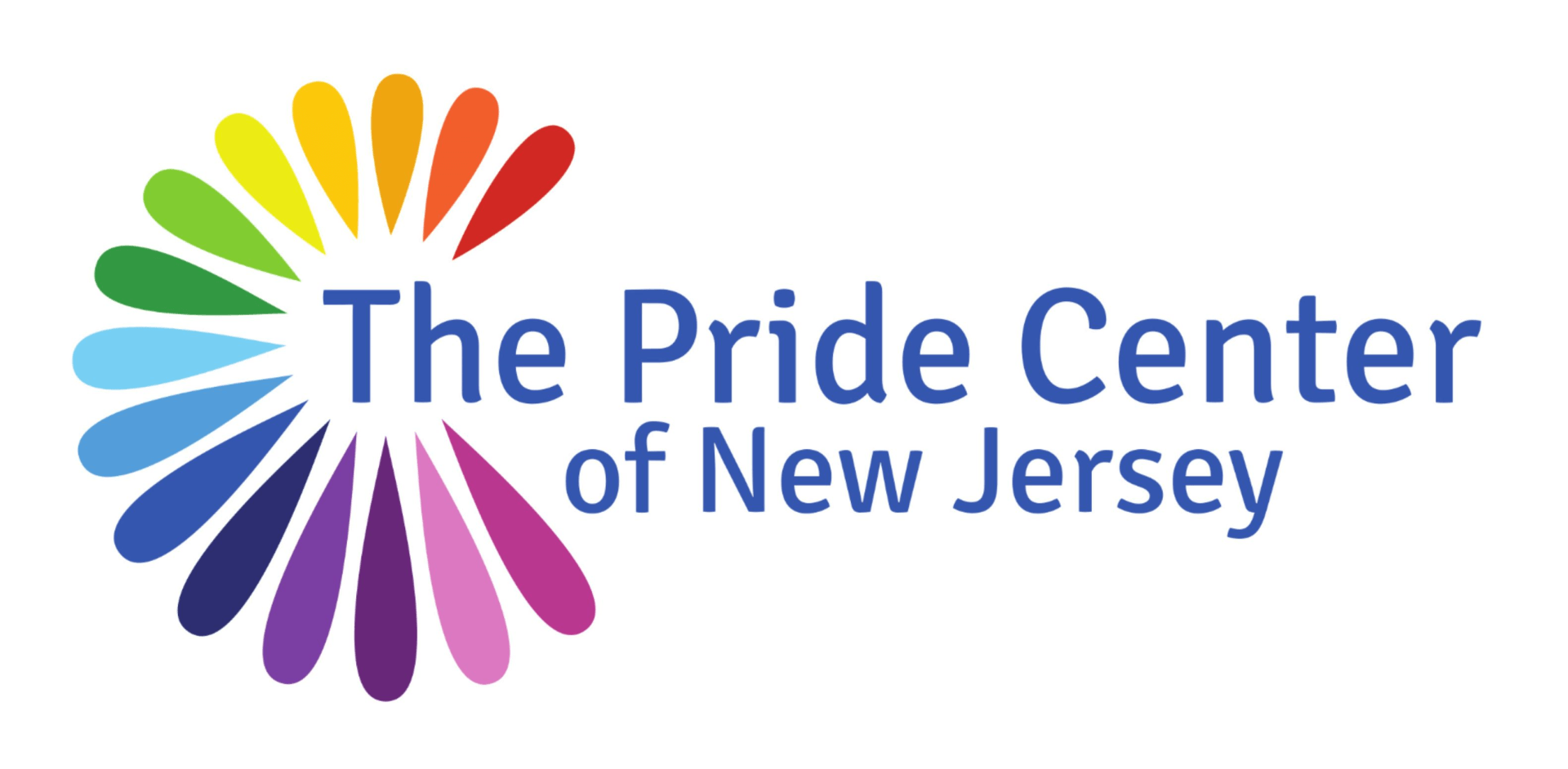Statement: School Policies Targeting Transgender Youth
Concerns about school policies which will harm LBTQIA+ youth in New Jersey
The Pride Center of New Jersey is a community and resource center serving the LGBTQIA2S+ community and their allies across the state of New Jersey since 1994.
In alignment with our stated vision for equality and our mission to cultivate an environment of acceptance for future generations, the Pride Center of New Jersey will below describe our concerns about school policies which will harm transgender, nonbinary, genderqueer, and gender nonconforming youth in New Jersey. Such policies include those recently passed by the Hanover, Middletown, Manalapan, and Marlboro Boards of Education and one under consideration at Colts Neck.
We write as a community resource center, not as a participant in or supporter of any legislation, court case, or political party. Instead, we write to express the thoughts of our community members on this issue and to remind our neighbors that we are a resource for affirmation, education, and support.
The Policies
These new policies vary among districts and typically include some form of the below rules.
- Require teachers and staff to surveil student gender expression, including clothing, behavior, statements, extracurriculars, and use of names, nicknames, and pronouns.
- Require teachers and staff to report on students’ gendered behavior to parents even in violation of a student’s consent (often called “forced outing”).
- Permit parents to “override” a student’s asserted gender, force teachers and staff to misgender transgender students, and force students to use facilities inconsistent with their gender.
This third policy is especially concerning because of its parallel to conversion therapy tactics, which have no place in the child’s classroom. Research has established that conversion therapy and its methods are dangerous practices that cause long-term harm.
Current school policies already in place allow schools to share details about students’ gender identities with parents as appropriate. PCNJ has no objection to consensual supportive communication among schools, families and other caregivers, and students. What we do oppose are blanket requirements for surveillance and reporting on every suspected transgender youth, especially when it violates the trust and consent of the student and potentially endangers them.
These policies are the only rules in these districts that mandate reporting based on a protected identity. Discriminatory policies that specifically target trans kids for differential treatment, surveillance, and school intervention stigmatize trans youth. As a community organization committed to cultivating equality and acceptance, we decry these policies.
Additionally, we are deeply concerned by the rhetoric that these policies and their advocates use. We condemn in the strongest possible terms any attempt to cast LGBTQIA2S+ people as “groomers,” or any other term associated with pedophilia or violence, based on their identity. These irresponsible accusations are not only unsubstantiated but recycle virulent anti-gay rhetoric from decades past. We also reject attempts to separate community members of trans, nonbinary, and other gender nonconforming experience from others under the LGBTQIA2S+ umbrella. As an organization deeply invested in community and friendship, we refuse to divide our vibrant community against itself.
While we are heartened to hear that these policies are under injunction and therefore not currently at risk of harming trans young people, we are deeply concerned that they were approved at all. If these policies are ultimately enacted, we anticipate serious and irreparable harm to the young people in our community. We are saddened by the support they received from our neighbors and community members using anti-LGBTQIA2S+ rhetoric associated with hate groups.
The Impact and The Research
As a Center that provides youth support programming, we know firsthand the heartbreaking consequences of forced outing, hostile school environments, and unsupportive households. We are part of the safety net for young people harmed by the kinds of behaviors which these policies would enforce. Every year, we meet young people who struggle with the consequences of stigmatization and family rejection, including poor mental health, houselessness, and struggles with substance use. These impacts are disproportionately felt by children who are already marginalized by structural injustices like income inequality, anti-Blackness, and ableism.
Our experiences with trans youth harmed by outing and rejection are not unique. In 2022, the Society for Research in Child Development found that trans youth are an especially vulnerable school population: “Transgender and gender diverse youth (TGD), which includes non-binary youth, are 2-3 times more likely than their cisgender peers to experience discrimination and a lack of safety in schools. TGD youth are also 2-3 times more likely to report suicidality, depression, and anxiety than cisgender youth.” Research also shows that nearly half of unhoused LGBTQIA2S+ youth go without a safe place to sleep because their family rejected their identity. While we know many parents love their children unconditionally and families in the U.S. are becoming more accepting of queer and trans kids, the documented prevalence of irreparable harm is too common and too widespread to ignore.
Trans children are uniquely vulnerable to harm and the best-known remedy is an accepting environment. Research shows that support from family and caregivers as well as mentors like teachers, coaches, faith leaders, and other community members is key to the wellbeing of queer and trans youth. The more places where trans youth receive gender-affirming support (like using the right name and pronouns), the less they experience symptoms of depression and suicidal ideation or behavior. These findings are supported by further research by the National Education Policy Center and by scholars of child development and child psychology across many institutions.
In harmony with this research, we affirm the importance of support from parents and caregivers in a youth’s journey regarding their gender, orientation, and identity. We urge New Jersey families to cultivate equitable and accepting environments for queer and trans youth through collaboration and compassion, not through surveillance.
The Center
If you support these harmful policies because you worry about not being aware of your child’s feelings or not having the tools to support a trans or gender nonconforming child, we can help.
We understand and empathize with parents who love their children and want the best for them. We know it can be challenging for parents when their kids are experiencing things that are unexpected or that parents might not understand yet. We understand that even supportive parents may be anxious when they learn that their child is questioning their gender.
Beginning this process at school can serve as a low-stakes environment for children to try out their identity through words, clothes, or play before making larger decisions. Sometimes, LGBTQIA2S+ people practice coming out to other people before coming out to their family precisely because their family’s response is most important to them. If a child begins this process at school, it is likely because school is a trusted, safe, and familiar place for them. The best way to be involved is to continue affirming for your child that your home is also a trusted and safe place. Larger decisions, like beginning medical transition or legally changing a name, still require full parental knowledge and consent and the proposed policies do not impact this process.
We want to remind parents that they have a resource in the Pride Center of New Jersey, which has served the New Jersey LGBTQIA2S+ community and their loved ones for nearly three decades. We are here to refer parents and caregivers to resources, answer their questions, and connect them with support groups that are just for them, like
Allies Assemble. We invite concerned parents to sit down with PCNJ parents to discuss solutions, like making room for your child to come out to you or navigating your own emotional experience of family changes. Let’s problem-solve together for the wellbeing of New Jersey’s young people.
We want to thank members of the Pride Center of New Jersey, fellow LGBTQIA2S+ community members from across a spectrum of identities, and our allies who have shown up in support of trans youth. You embody our values of friendship and community and we appreciate your dedication.
We want to remind our trans and queer youth of New Jersey that they have resources at the Pride Center including a welcoming community, support and social groups for various age ranges (both in-person and virtual), and connections to resources throughout the state. You are valid, you are loved, and you are valued community members. You have a right to safety, dignity, and respect.
Citations
- Anna Forsythe et al., “Humanistic and Economic Burden of Conversion Therapy Among LGBTQ Youths in the United States,” JAMA Pediatrics 176, no. 5 (May 1, 2022): 493–501, https://doi.org/10.1001/jamapediatrics.2022.0042
- ADL “What Is ‘Grooming?’ The Truth Behind the Dangerous, Bigoted Lie Targeting the LGBTQ+ Community,” ADL.org, September 16, 2022, https://www.adl.org/resources/blog/what-grooming-truth-behind-dangerous-bigoted-lie-targeting-lgbtq-community; A. Nicholas Groth and Thomas S. Gary, “Heterosexuality, Homosexuality, and Pedophilia: Sexual Offenses against Children and Adult Sexual Orientation,” Male Rape: A Casebook of Sexual Aggressions, 1982, 143–52.
- “Alliance Defending Freedom,” Southern Poverty Law Center, accessed August 23, 2023, https://www.splcenter.org/fighting-hate/extremist-files/group/alliance-defending-freedom; “Alliance Defending Freedom (ADF) - GLAAD,” July 1, 2022, https://glaad.org/gap/alliance-defending-freedom-adf/; Nico Lang, “A Hate Group Is Reportedly Behind 2021’s Dangerous Wave of Anti-Trans Bills,” Them, February 19, 2021, https://www.them.us/story/hate-group-reportedly-behind-2021-anti-trans-bills; Adam Gabbatt, “Revealed: Christian Legal Non-Profit Funds US Anti-LGBTQ+ and Anti-Abortion Organizations,” The Guardian, June 30, 2023, sec. World news, https://www.theguardian.com/world/2023/jun/30/christian-hate-group-funding-us-anti-lgbtq-anti-abortion-organizations
- Russell Toomey et al., “Statement of the Evidence: Gender-Affirming Policies Support Transgender and Gender Diverse Youth’s Health” (Society for Research in Child Development, January 27, 2022), https://www.srcd.org/research/gender-affirming-policies-support-transgender-and-gender-diverse-youths-health
- Laura E. Durso and Gary J Gates, “Serving Our Youth: Findings from a National Survey of Services Providers Working with Lesbian, Gay, Bisexual and Transgender Youth Who Are Homeless or At Risk of Becoming Homeless” (UCLA: The Williams Institute, 2012). https://escholarship.org/uc/item/80x75033
- Toomey et al., “Statement of the Evidence: Gender-Affirming Policies Support Transgender and Gender Diverse Youth’s Health.”
- Myeshia Price-Feeney, Amy E. Green, and Samuel Dorison, “Understanding the Mental Health of Transgender and Nonbinary Youth,”
Journal of Adolescent Health 66, no. 6 (June 2020): 684–90,
https://doi.org/10.1016/j.jadohealth.2019.11.314; Jack K. Day, Amaya Perez-Brumer, and Stephen T. Russell, “Safe Schools? Transgender Youth’s School Experiences and Perceptions of School Climate,”
Journal of Youth and Adolescence 47, no. 8 (August 2018): 1731–42,
https://doi.org/10.1007/s10964-018-0866-x; Caitlin M. Clark and Joseph G. Kosciw, “Engaged or Excluded: LGBTQ Youth’s Participation in School Sports and Their Relationship to Psychological Well‐being,”
Psychology in the Schools 59, no. 1 (January 2022): 95–114,
https://doi.org/10.1002/pits.22500; Kris Tunac De Pedro, Holly Shim-Pelayo, and Christopher Bishop, “Exploring Physical, Nonphysical, and Discrimination-Based Victimization among Transgender Youth in California Public Schools,”
International Journal of Bullying Prevention 1, no. 3 (September 2019): 218–26,
https://doi.org/10.1007/s42380-019-00016-8; Anneliese A. Singh, Sarah E. Meng, and Anthony W. Hansen, “‘I Am My Own Gender’: Resilience Strategies of Trans Youth,”
Journal of Counseling & Development 92, no. 2 (April 2014): 208–18,
https://doi.org/10.1002/j.1556-6676.2014.00150.x.


